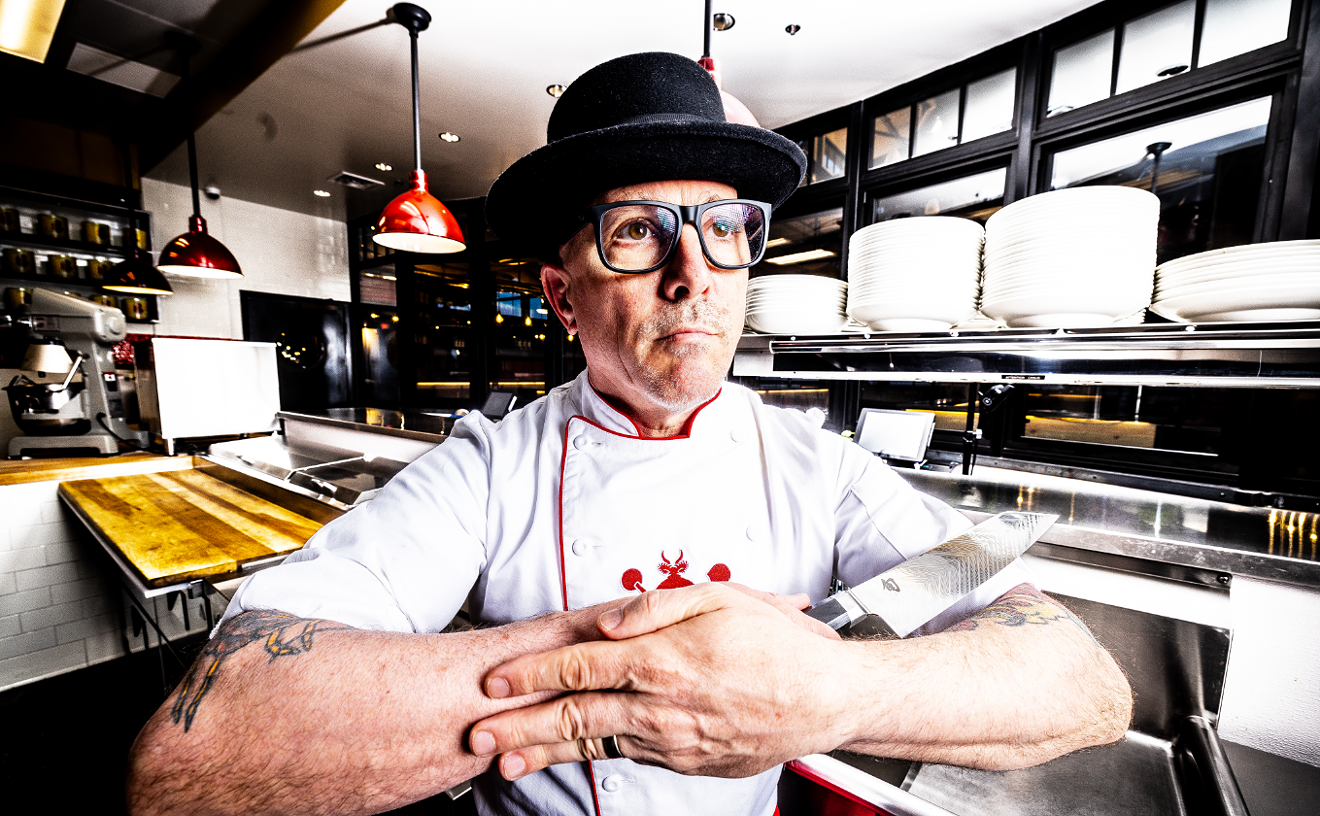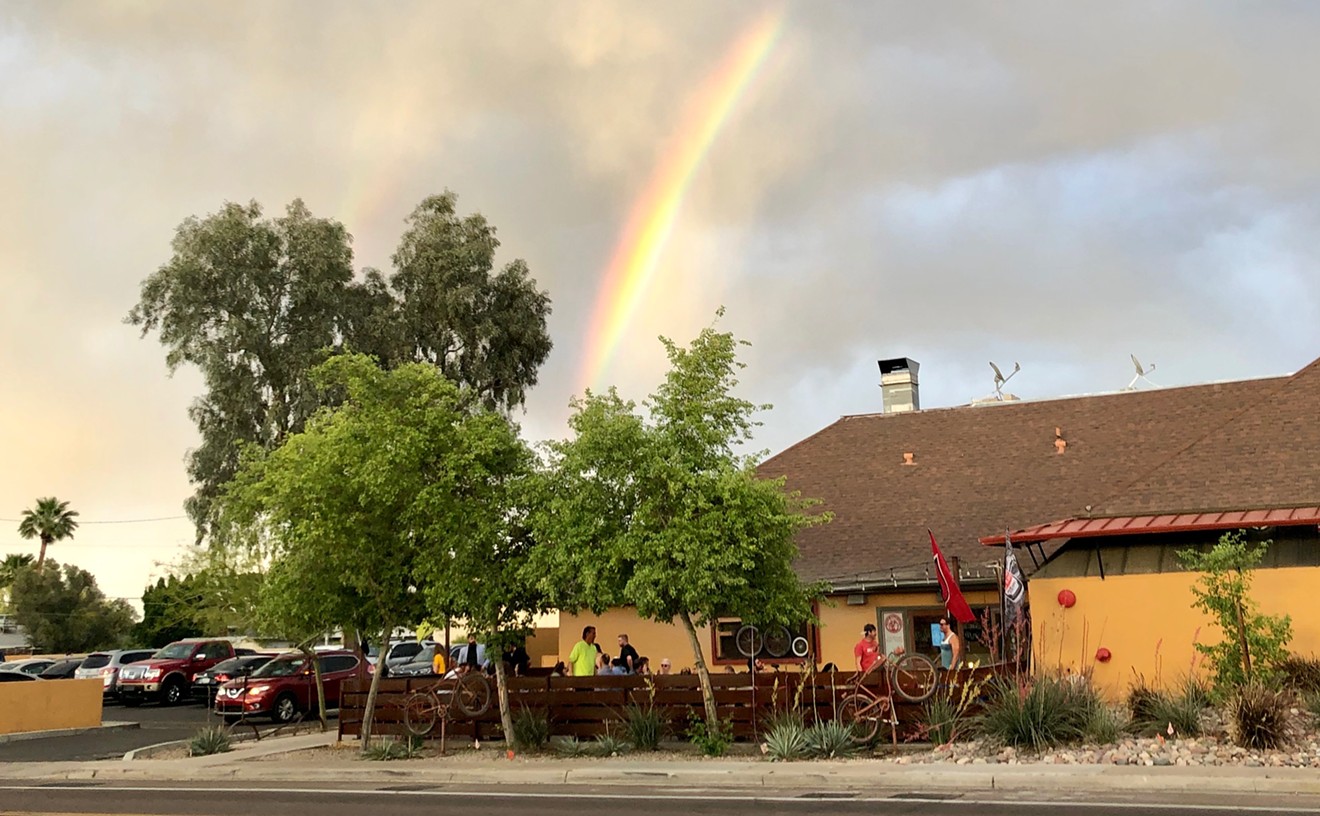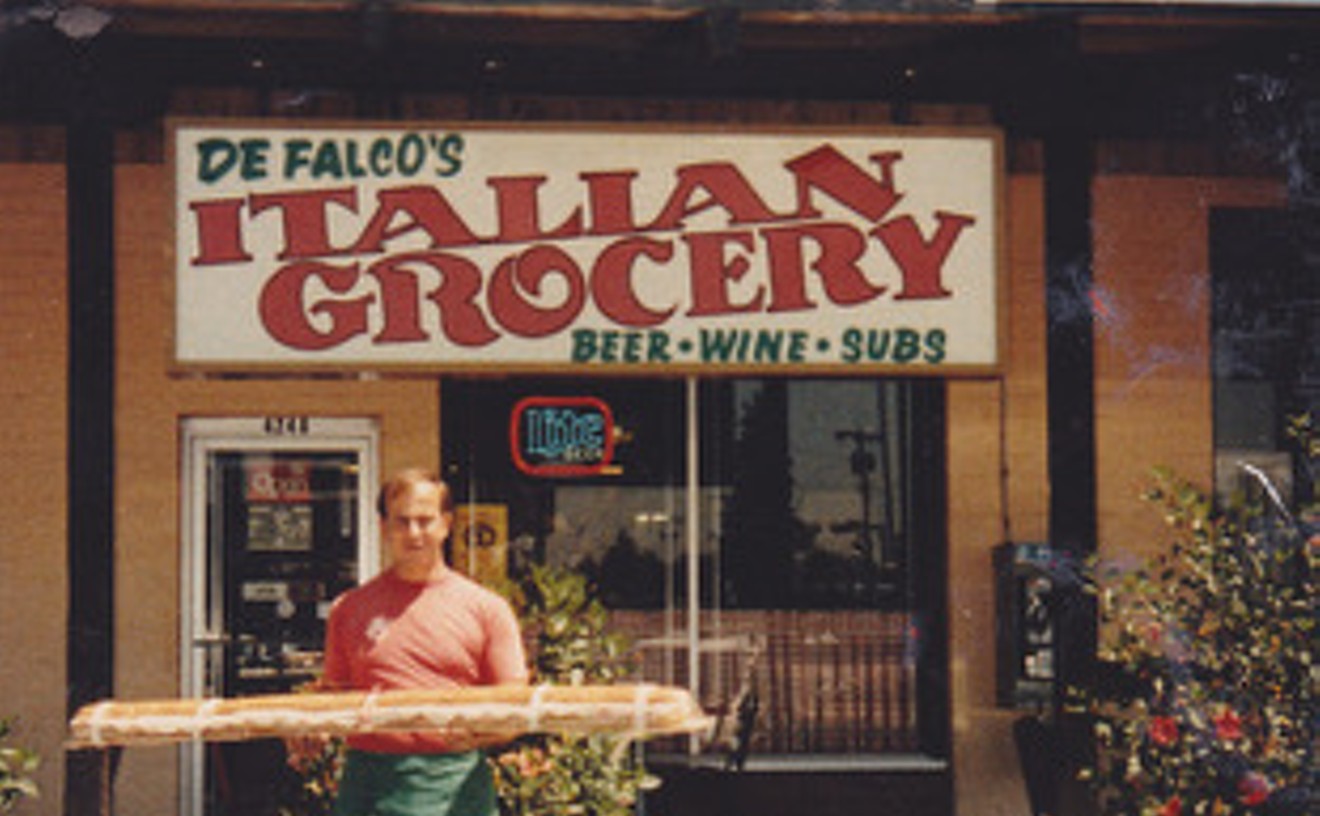Rob Rhinehart is a busy software engineer who was resentful of "The inordinate amount time it takes to fry an egg." So he did what any rational slightly crazy person would do: He cracked open a couple of physiology textbooks, jumped on the Internet, and ordered all the chemical components necessary to sustain human life.
See Also: --Chill Drinks Extra Fast, With SCIENCE. --The Highest Sugar High: Simplest Sugars Spotted Around Earth-like Star
Then he mixed them up in a blender and named it Soylent because why not make this as creepy as possible. The resulting drink is described as a "thick, odorless, beige liquid," with a slightly sweet taste. Of course, he kept a blog detailing his ongoing experiment, which he kicked off with a post titled simply, "How I Stopped Eating Food." Interest in his work has grown enough that he's released a follow-up post delving into the gritty details of his experiment.
So here's the thing. His basic thesis about nutrition, that it's "probably all the same to our cells, whether it gets nutrients from a powder or a carrot," is not entirely inaccurate. Soylent technically has everything your biological machinery needs: proteins, carbohydrates, a little fat, and vitamins and minerals. In fact, the idea of replacing actual food with a slurry of vital nutrients has been around for decades. If you end up in a hospital unable to feed yourself safely, doctors and nutritionists have a couple of methods for keeping you from wasting away.
The most basic method is punching a hole in your abdominal wall and inserting a tube into your digestive system. This is called a percutaneous endoscopic gastrostomy, or PEG tube. They can't obviously blend up a hamburger and stuff it into your bowels, so a nutritionist will whip up a nutritious liquid not unlike what you saw in original Matrix movie.
If you don't have a functional digestive system, perhaps because cancer treatment has claimed part of your stomach or intestine, doctors can go a step further and infuse specifically formulated nutrients directly into your blood.
Both systems have complications, of course, but the fact is that people can remain on them for years -- even decades -- with few negative consequences directly related to the feeding. For instance, most of the complications involved with a PEG tube are directly related to the fact that you have a tube jammed through your skin into your digestive system.
When looked at it from that perspective, Rhinehart's proposed solution to eating is actually a good deal less invasive. Setting aside the psychological benefits of eating (socialization, enjoyment of texture, etc.), how is what he's doing different from simply throwing every meal you eat into a blender and sucking it through a straw? Does a hamburger suddenly lose its nutritious value because it's cut into tiny pieces before you eat it? Particularly if you consider that "turning everything into a nutritious slurry" is exactly what our body does anyways? When you eat a burger, your mouth grinds and slices the food into smaller bits and then your stomach soaks them in acid and grinds them further until they're a thin molecular paste.
Clearly Rhinehart is an extremist on the meal-replacement front. But couldn't the rest of us benefit from this, too? Is grabbing a candy bar for a quick breakfast really any better than sucking down a carefully mixed nutrient drink? Given how much processed food we eat these days, is a nutrient drink any less real than a Ding Dong? In the Vice interview he makes an excellent point, which is that most of us who still cling to the "real food" diet don't get the nutrients we actually require. We all know that potassium is an important nutrient but how many of us really eat the required nine bananas a day to get the recommended amount?
Perhaps the most amazing thing is that Rhinehart has been doing this for months and apparently both enjoys it and intends to continue. That's a marked contrast with previous amateur efforts at total meal replacement, notably the hilariously depressing "Monkey Chow Diaries." The results were, somewhat predictable:










